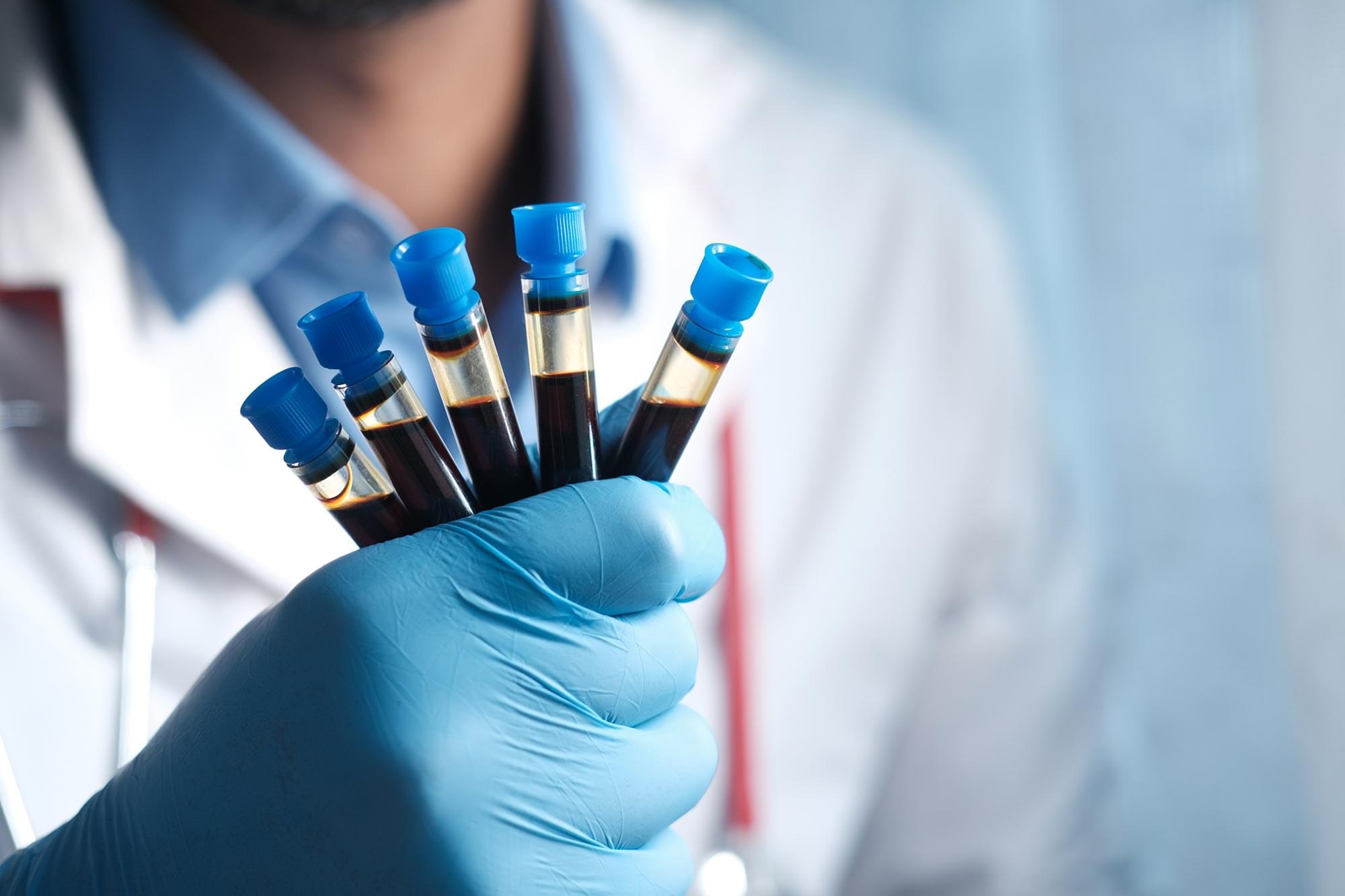A new study reveals that autism-like symptoms in mice emerge when two nerve proteins—MDGA2 and BDNF—fall out of balance.


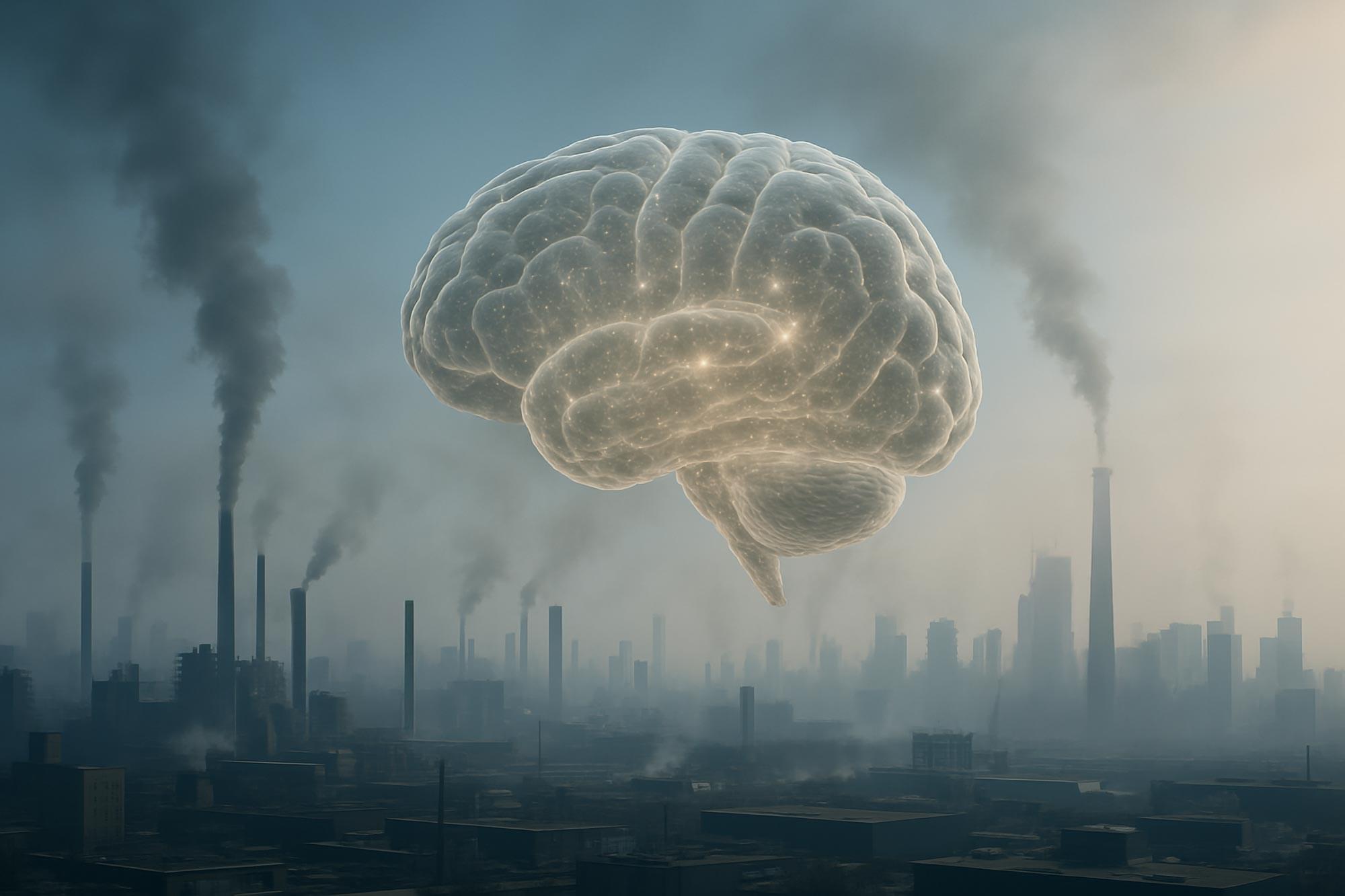
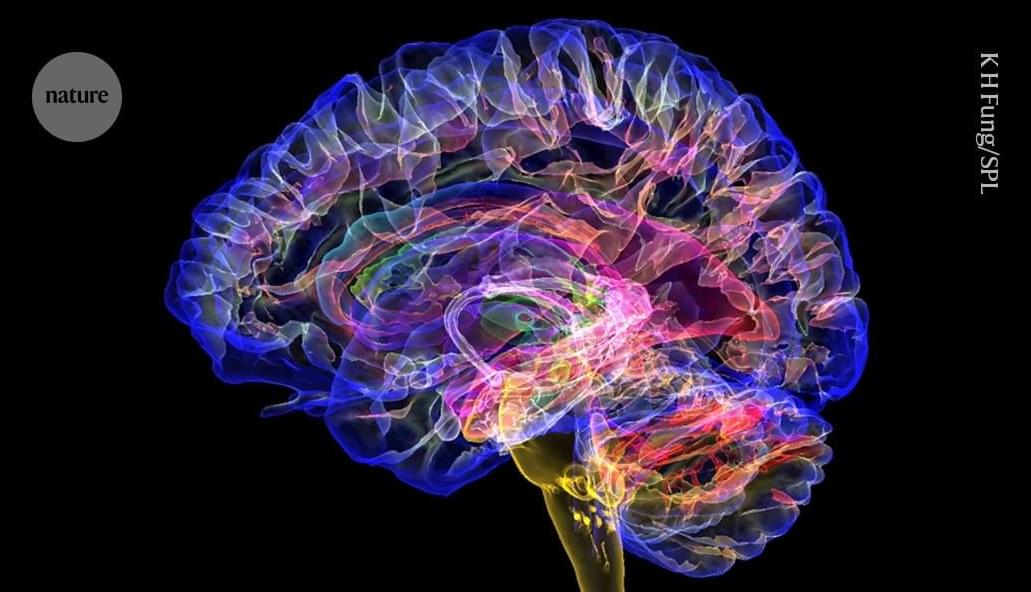
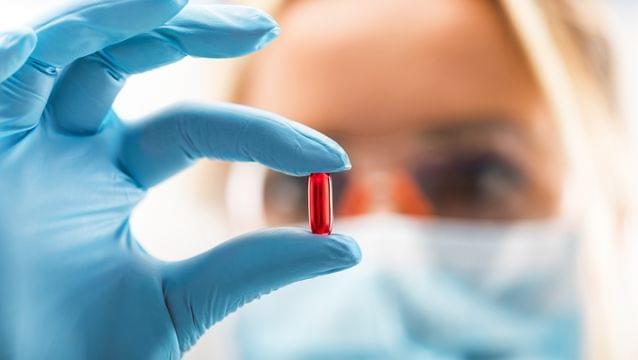
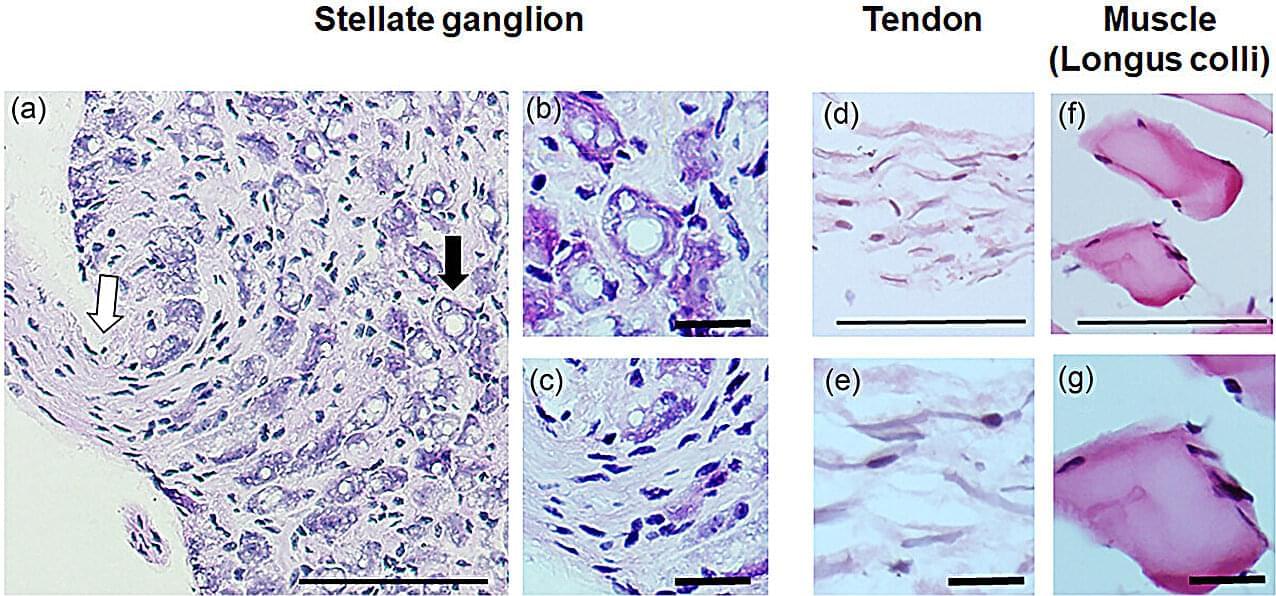
Parkinson’s doesn’t just affect movement and the brain—it may also impact the heart, according to new research from the University of Surrey. Scientists from Surrey’s School of Veterinary Medicine suggest that targeting a key protein outside of the brain could help manage Parkinson’s-related heart issues.
In a study published in Experimental Physiology, Surrey researchers studied mouse models and found a harmful buildup of the alpha-synuclein protein, which is associated with Parkinson’s disease, in a nerve cluster near the heart (the stellate ganglia). These nerves are part of the autonomic nervous system, which controls heart rate and rhythm.
Researchers found that 27% of neurons in the nerve cluster contained aggregated alpha-synuclein, forming similar toxic clumps seen in the brains of Parkinson’s patients. This finding suggests that Parkinson’s could disrupt heart function, not just movement and brain activity.

Differences in the distribution of certain proteins and markers in the brain may explain why some people first experience vision changes instead of memory loss in Alzheimer’s disease, finds a new study by UCL researchers.
Posterior cortical atrophy (PCA) is a rare form of Alzheimer’s disease that, rather than causing problems with memory, leads to difficulties with reading, navigating, and recognizing objects. Studies suggest that one in 10 patients with Alzheimer’s disease has a form which is visual, rather than memory-led.
As well as presenting with unusual symptoms, individuals with PCA typically develop symptoms younger than most people with Alzheimer’s disease, with onset usually in their 50s and 60s.
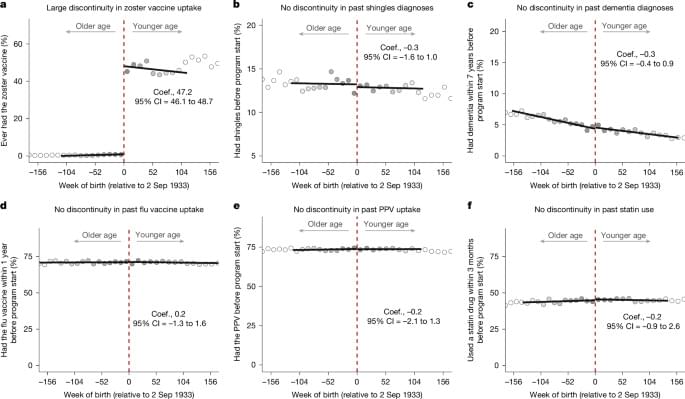
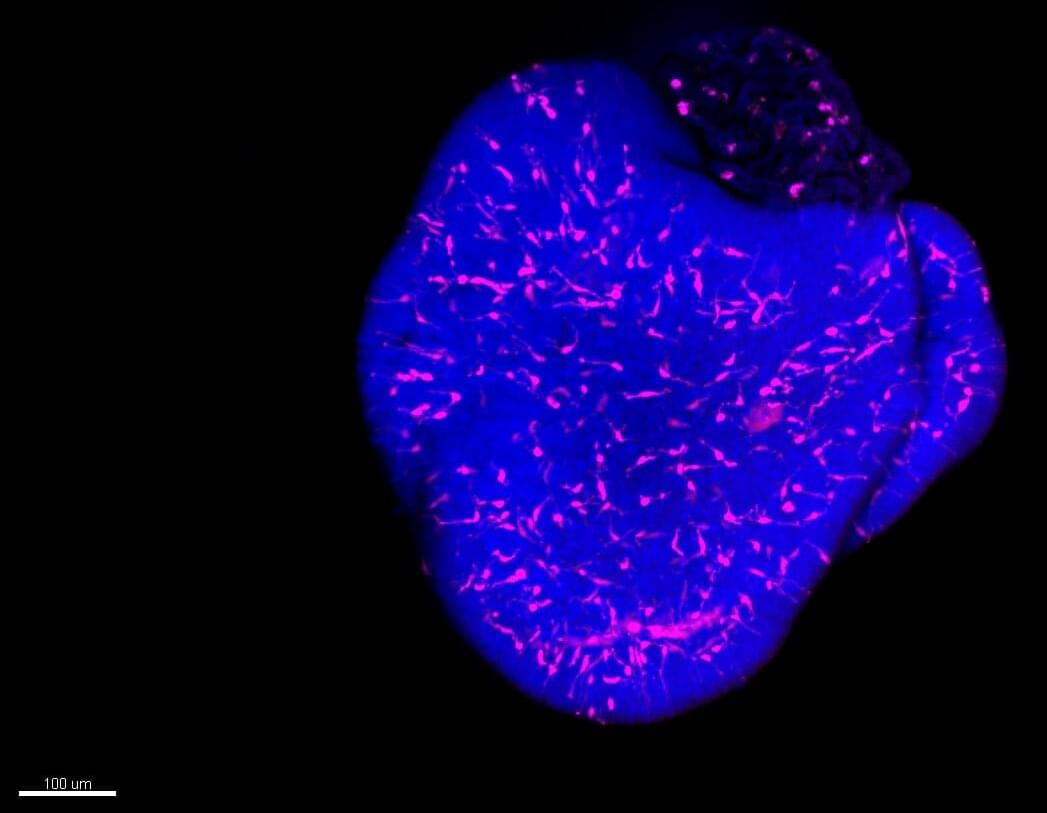
Organoids have revolutionized science and medicine, providing platforms for disease modeling, drug testing, and understanding developmental processes. While not exact replicas of human organs, they offer significant insights.
The Siegert group at the Institute of Science and Technology Austria (ISTA) presents a new organoid model that reveals details of the developing nervous system’s response to viral infections, such as Rubella. This model could influence pharmaceutical testing, particularly benefiting drug safety for pregnant women.
Microglia are special cells in the human brain. Like a diligent ranger overseeing a forest and dealing with infestations and wildfires, microglia scan the brain environment for germs and initiate an anti-inflammatory response to remove them. They also monitor the quantity of neurons (nerve cells) and their connections to ensure optimal brain function in adulthood.
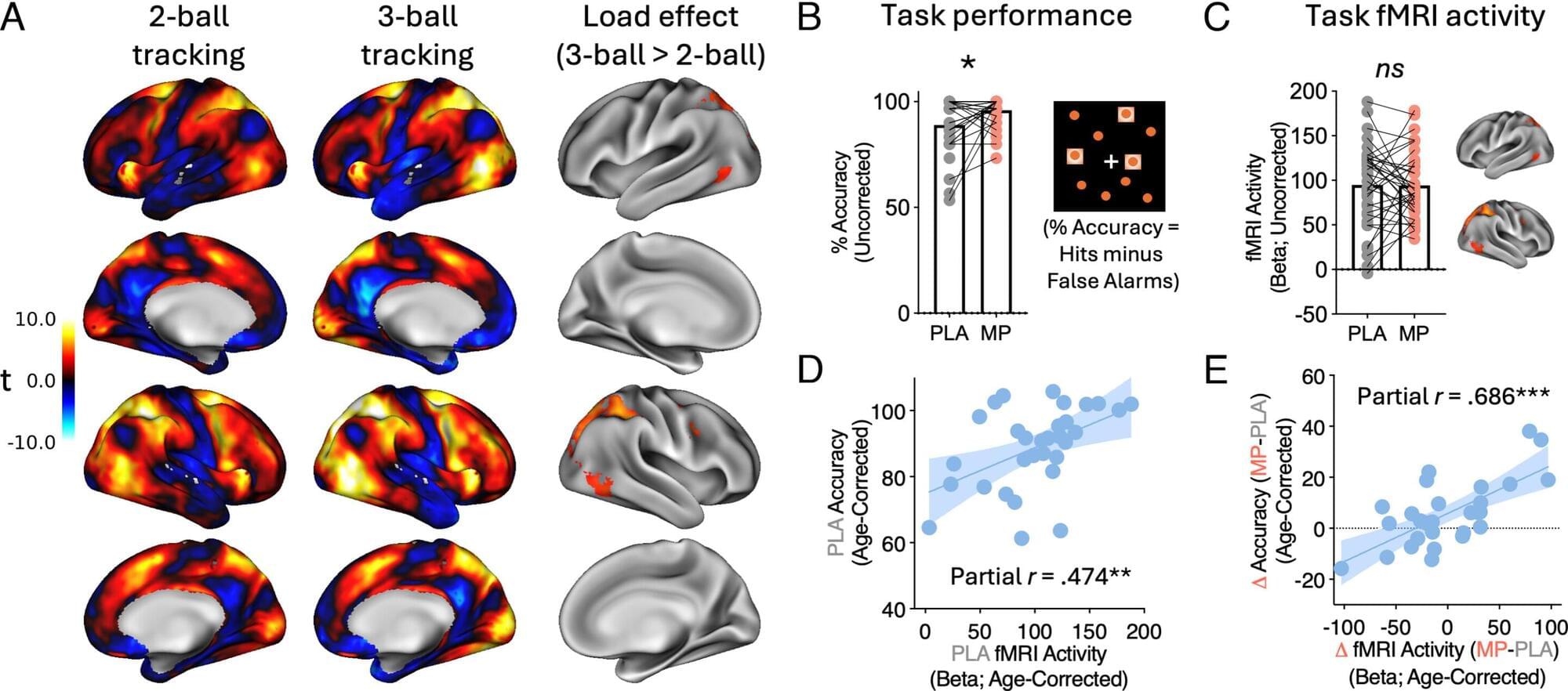
Nearly 16 million American adults have been diagnosed with attention deficit hyperactivity disorder (ADHD), but evidence suggests that more than 30% of them don’t respond well to stimulant medications like Ritalin and Adderall.
A new clinical trial provides a surprising explanation for why this may be the case: There are individual differences in how our brain circuits are wired, including the chemical circuits responsible for memory and concentration, according to a new study co-led by the University of Maryland School of Medicine (UMSOM) and performed at the National Institutes of Health (NIH) Clinical Center.
Our brain cells have different types of chemical receptors that work together to produce optimal performance of brain function. Differences in the balance of these receptors can help explain who is likely to benefit from Ritalin and other stimulant medications. That is the finding of the new research published in the Proceedings of the National Academy of Sciences.
